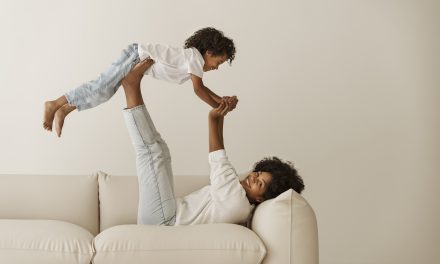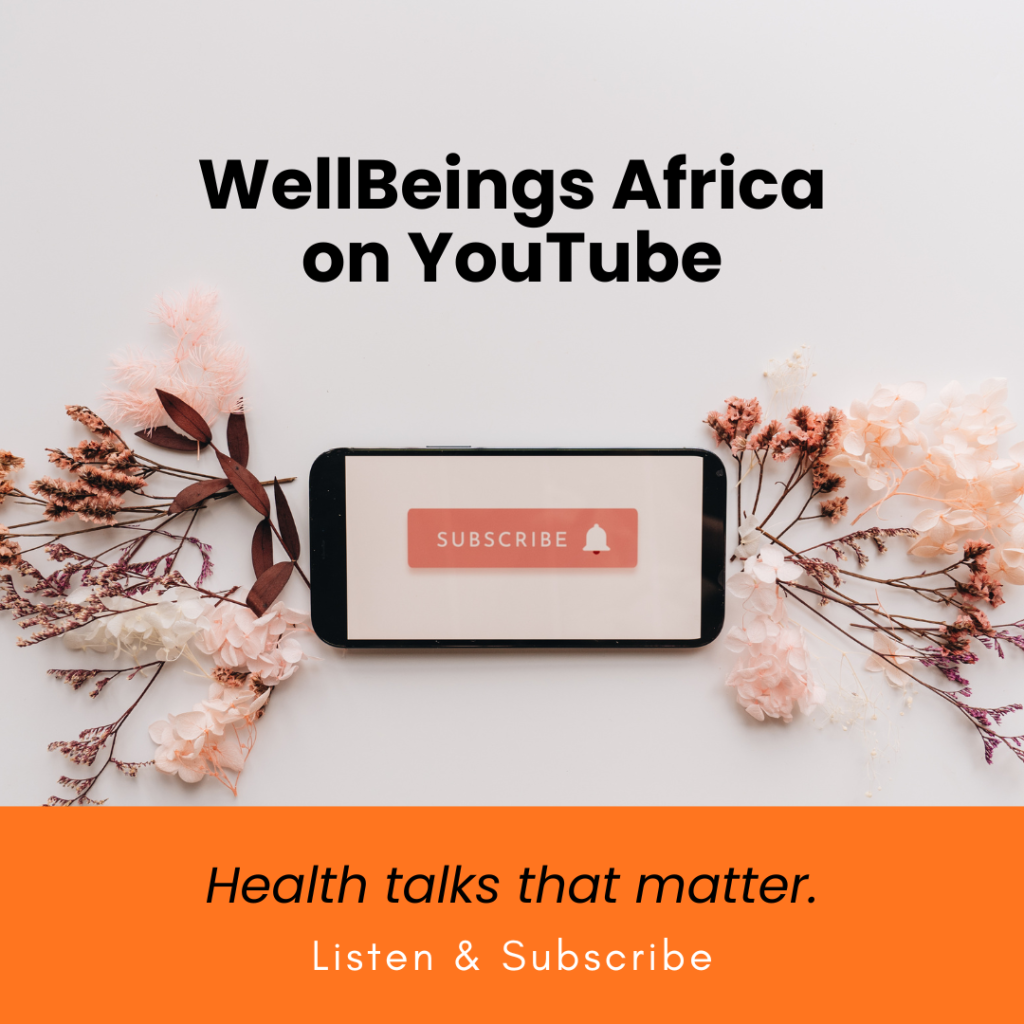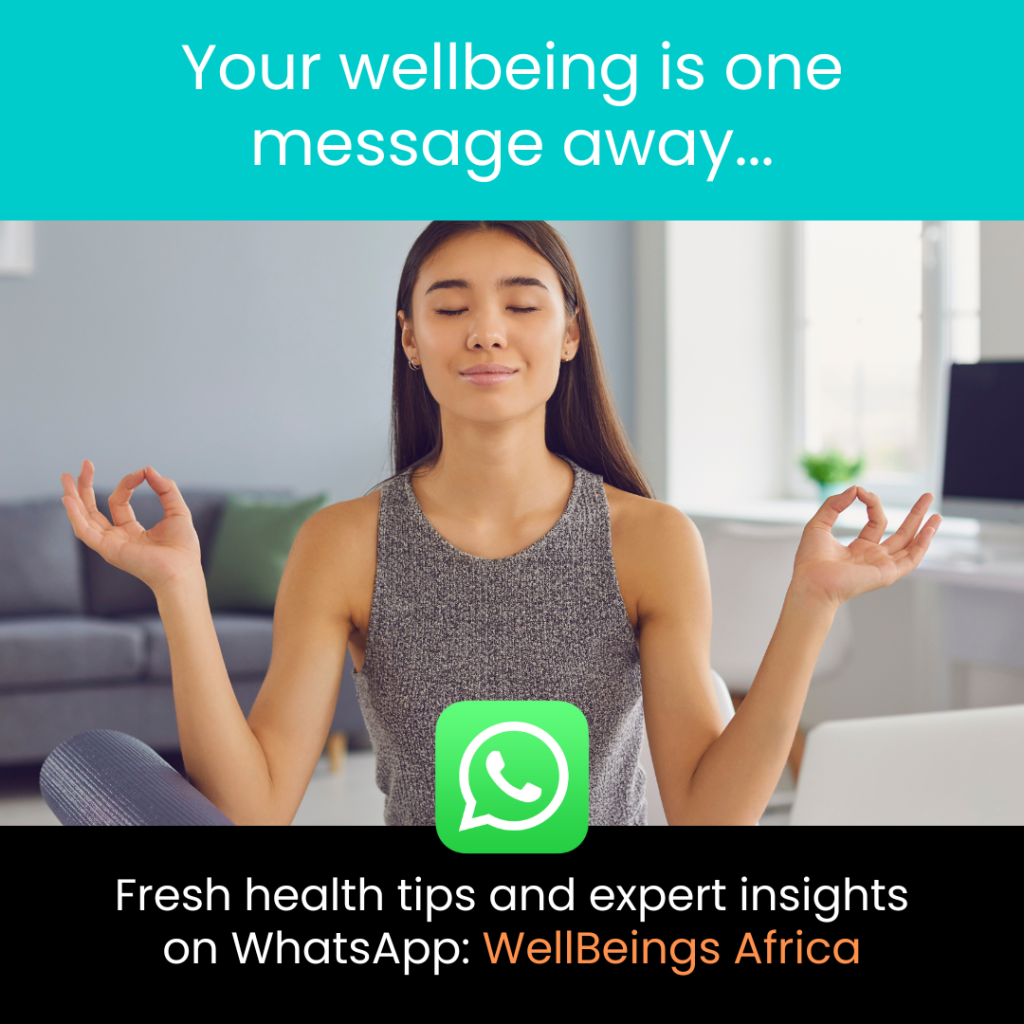Those first social experiences matter a great deal in your child’s emotional development
Once upon a time, your child might have pulled a face at the thought of holding hands or whispered, “Yuck!” at a kiss on a television scene. But as they grow, these feelings change. The playground becomes the stage for first crushes, and that once-annoying classmate might suddenly seem interesting.
Quick Read:
- It’s healthy for your child to express their emotions. Open communication helps build resilience especially during friendship ups and downs.
- When your child suddenly starts talking about someone being “special,” it’s cute, but it’s also a key moment in their emotional development.
From friends to first crushes: the early stages
Think back to your own first crushes. It probably started with secrets, whispers, giggles. As children transition from early childhood to their preteen years, their friendships naturally change. Suddenly, that classmate who was just another playmate has become a special friend. For some, this transition can be confusing, while others embrace it with curiosity.
Peer pressure and young love
Children will often imitate their friends and peers. So, if their best friend mentions interest in a boyfriend or girlfriend, your child may do so as well. Children often copy the behaviours they see around them. This also goes for the way their friends talk about relationships. For some children, concepts such as “going out/dating” might mean exchanging texts messages. For others, dating might mean sitting together during lunch. Remember that peer pressure can push children to act older than they are, and preteens and teenagers still have a long way to go before they fully understand the emotional weight of relationships.
The power of friendship: building emotional skills
While crushes come and go, early friendships can be surprisingly strong and may last many years. Children who learn to build respectful and caring relationships from a young age develop important emotional skills. These skills, like empathy, active listening, and cooperation, are vital for future relationships — including romantic ones.

Dealing with the heartbreak of young love
Ah… heartbreak. It isn’t just for adults. Children can also experience rejection or sadness. Please encourage your child to talk about their feelings and remind them that it’s okay to feel disappointed or confused. These early emotional experiences are natural growing pains.
As your child’s friendships and crushes evolve, they may ask for more freedom. As the parent, you set the tone. Can they go to a friend’s birthday party? Would you be fine with them texting with a crush? Set clear, age-appropriate boundaries, while allowing your child the space to explore these new feelings.
Little by little, the bird builds its nest. – Nigerian Proverb
Encouraging healthy choices
First crushes are a good opportunity to teach your child about respect, kindness, and boundaries. Take the time to instill concepts like self-esteem and self-worth. Children should grow up knowing that their worth isn’t defined by a relationship and that being themselves is always enough.
- Let your child know that they can talk to you about their feelings without fear of judgement or punishment.
- Naturally, you are curious and want to protect your child, but avoid prying too much. Give your child space to share at their own pace.
- Children learn so much by observing the relationships around them. Be the example you want them to follow.
- Encourage your child to value their platonic friendships as much as they do romantic interests.
- Remind them that it’s okay to be disappointed, but that they will bounce back stronger.
While crushes can be a big part of growing up, friendships are just as important. Encourage your child to build strong, supportive relationships that will last well beyond the childhood years. If you haven’t yet had the big talk about love, relationships, and respect, now is a good time to start. Make it part of an ongoing conversation, not just a one-time lecture.
Images: Freepik





















